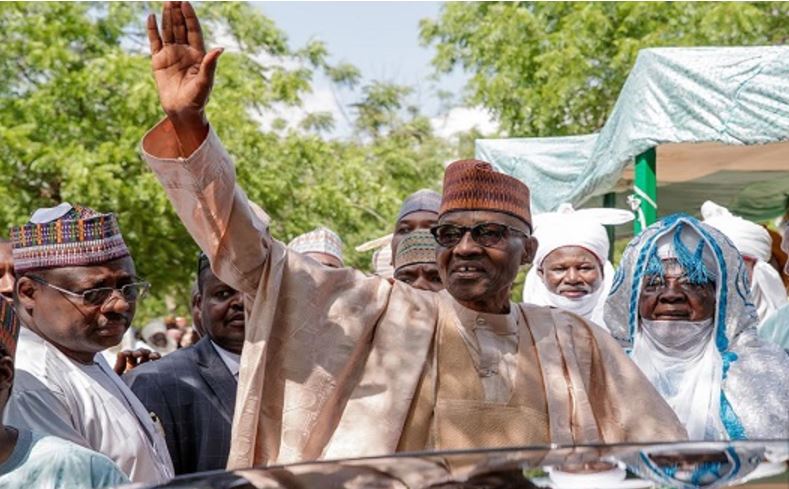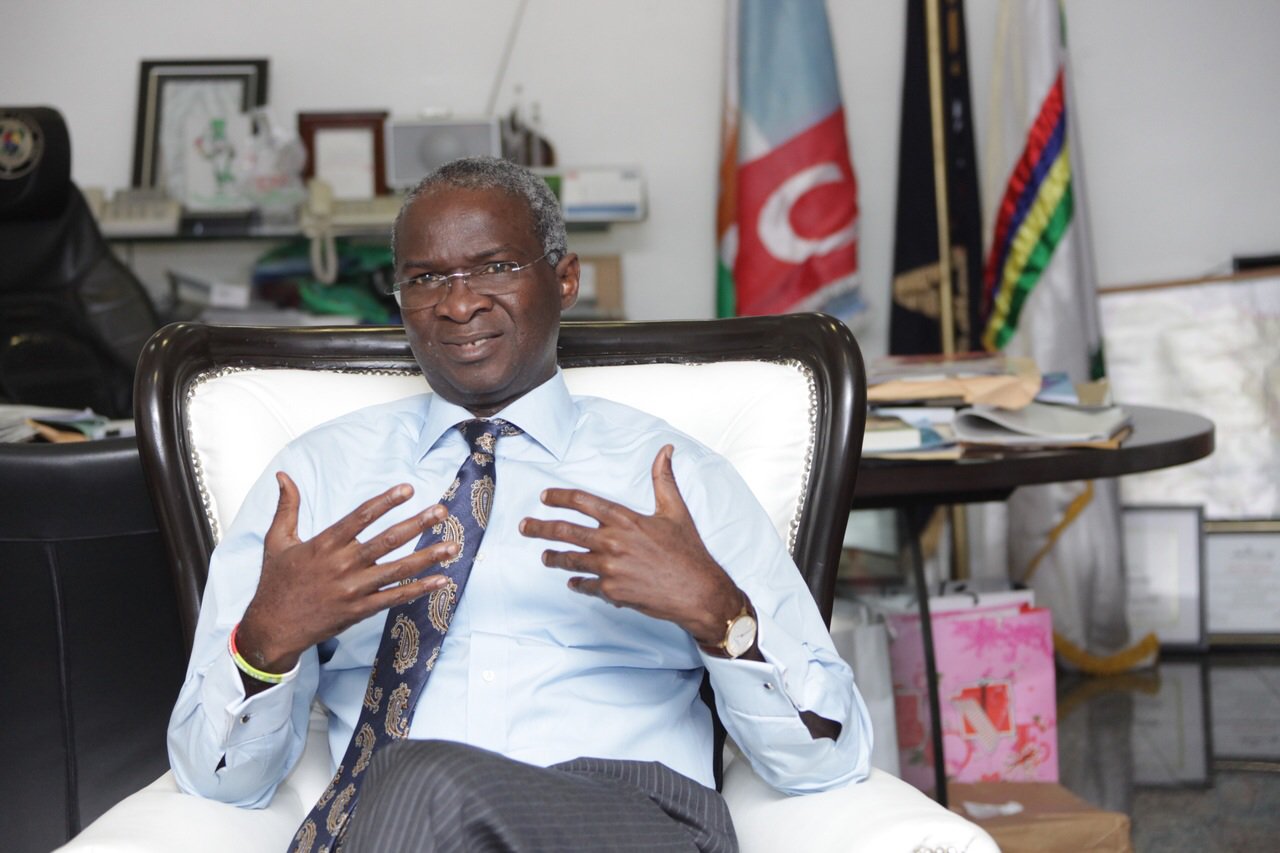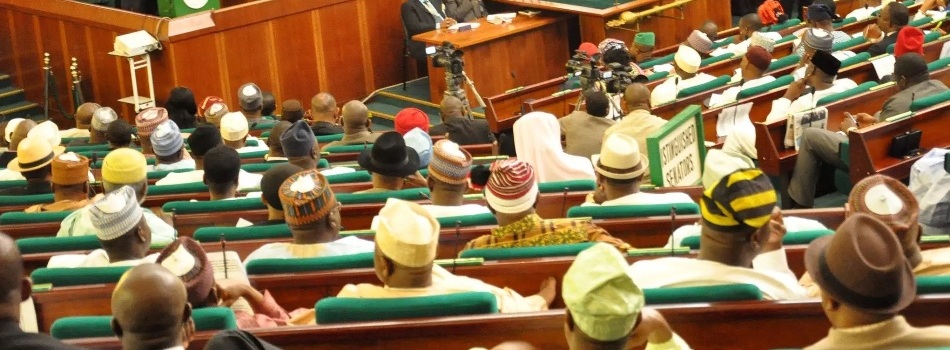The Nigeria Labour Congress, NLC, on Thursday urged the Federal, States and Local Governments to be more proactive to workers’ demand to avoid a total breakdown of activities as currently obtained in the health and education sectors.
In an exclusive phone conversation with TheNewsGuru.com, an executive of the union, who spoke on condition of anonymity said most times government waits till labour enforces the option of strikes before agreeing to honour agreements they willingly entered into with the unions.
“Governments need to be more proactive to workers’ demands. Workers most times don’t prefer going on strike but that is the only language government understands. People work under poor conditions and still get poorly remunerated. Sometimes they don’t even get remunerated for months and even years. And they hear of same government officials spending billions on insignificant projects. This is why we most times chose to embark on strikes to get what they deserve from them (the government).”
When he was asked for comments on the proposed strike action by workers under the aegis of United Labour Congress, UCL, the comrade said: “I’m sure they must have engaged the government before deciding to embrace the strike option. It is government’s insensitivity to workers demand that causes strike. I’ll implore the government to meet with them and consider their requests. We can’t afford going on another strike especially in key sectors like power and oil. That will be disastrous. The unions will shelve the strike if governments fulfil its end of the bargain,” he said.
TheNewsGuru.com reports that the United Labour Congress, ULC, and its affiliate unions on Tuesday threatened to shut down the oil and power sectors by Friday if the Federal Government does not meet its demands.
TheNewsGuru.com reports that other affiliates of the union that promised to shut down the sectors by Friday include Nigeria Union of Petroleum and Natural Gas Workers, NUPENG, and National Union of Electricity Employees, NUEE.
Others are National Association of Aircraft Pilots and Engineers, NAAPE; National Union of Banks, Insurance and Financial Employees, NUBIFIE; Nigeria Union of Mine Workers, National Association of Aviation Professionals, Steel and Engineering Workers Union of Nigeria; Iron and Steel Senior Staff Association of Nigeria; Nigeria Union of Railway Workers; Private Telecommunications, Senior Staff Association of Nigeria, Nigeria Union of Shop and Distributive Employees.
TheNewsGuru.com reports that while the National Association of Resident Doctors, NARD, called off its three weeks old strike on Thursday (today), the Academic Staff Union of Universities, ASUU, is still meeting with the federal government to finalise ending it’s over one-month-old strike that has crippled academic activities across state and federal institutions.




